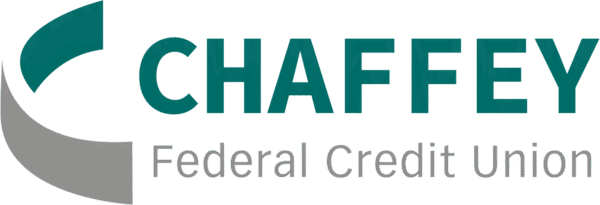
So you’re finally wondering about the safety of Peer-to-Peer Payment services. Maybe you wanted to conveniently split the bill during dinner with friends, or perhaps you recently hit 90 days with a Chaffey FCU Checking account and want to test Zelle out.
Peer-to-peer payment services can be helpful when used safely. To ensure you aren’t endangering your funds when transferring money across these platforms, we’ve collected some important reminders to be mindful of.
What is a P2P Payment Service?
Peer-to-Peer (P2P) payment services includes online platforms that let you electronically send or receive money with another person. These included services such as Zelle, PayPal, Venmo, or CashApp. Experian offers a breakdown on the different P2P platforms.
Some platforms, such as Venmo or PayPal, provide an account to hold funds while using these services – meaning, when you receive money via PayPal, it is held in your PayPal account until you send it to someone else or transfer it to your personal credit union or bank account. You can also send funds from your banking account to your PayPal account, so that it is ready to use later on. Something to note: since these services are not financial institutions, the money stored in Venmo or PayPal does not get the same deposit insurance from the NCUA or FDIC that your credit union or bank accounts get. Be sure to transfer any positive balances back to your financial institution to ensure those funds stay protected.
Other services, such as Zelle, send funds directly to and from your connected credit union or bank account. You can set up Zelle to your Chaffey account once you meet the requirements (had a Chaffey checking account for at least 90 days and your accounts are in good standing). From then, whenever you send or receive money with Zelle from your Chaffey FCU online banking or mobile app, the transfer will come directly from your Chaffey FCU Checking account.
Best Practices?
Never send funds over P2P services unless you can confirm the recipient’s identity. You face much less risk when sending a family member payment for dinner when they are with you and you can confirm their P2P contact or profile, compared to if you try to send funds to someone you have never met in-person. If you send funds to the incorrect recipients with these services, it can be extremely difficult to get it back. Treat payments through these services the same way you would treat a cash payment and assume that once it is transferred, it is gone.
Be wary of businesses that only offer P2P payments as an option. It may take some time for new or small businesses offer a variety of payment options to customers, but if you see an online business that only accepts P2P payments, it may be a sign of potential fraud.
Never provide sensitive account information over the phone if someone unexpectedly reaches out and requests it. Chaffey FCU employees have measures in place to safely confirm your identity, and will never pressure you into providing sensitive information over the phone.
Learn how to pay it safe with Zelle in your Chaffey FCU online banking at chaffey.com/zelle-safety.
Watch Out for Common P2P Scams
Knowing what scams are on the rise and remaining protective before sending your funds is half the battle when protecting your funds from fraud on P2P apps. Here are some common scams on P2P apps to look out for.
Overpayment Scams: You receive an unexpected payment through one of these services. The individual claims they sent it to the wrong person by accident, and request you send it back. A few days after sending their funds back, you see their transaction gets reversed, so only your transaction to them remains. Some scammers pull off this scam by using stolen credit cards to send the original payment.
Charity Scams: Fraudsters may create a fake charity or pose as a real charity, and ask for payments over a Social Media profile or Website that they created (which has no real affiliation with any real charity). They ask you to donate to the cause, but instead they pocket any funds you send. Be sure to verify an organization before donating.
Fake Friend or Family Request: Scammers may pose as someone you know by using the information they share online. If you get an urgent message from someone claiming to be a friend or family member and requesting immediate funds for an emergency, call that person directly using contact information you already know to confirm the situation

 Latest Post
Latest Post 
